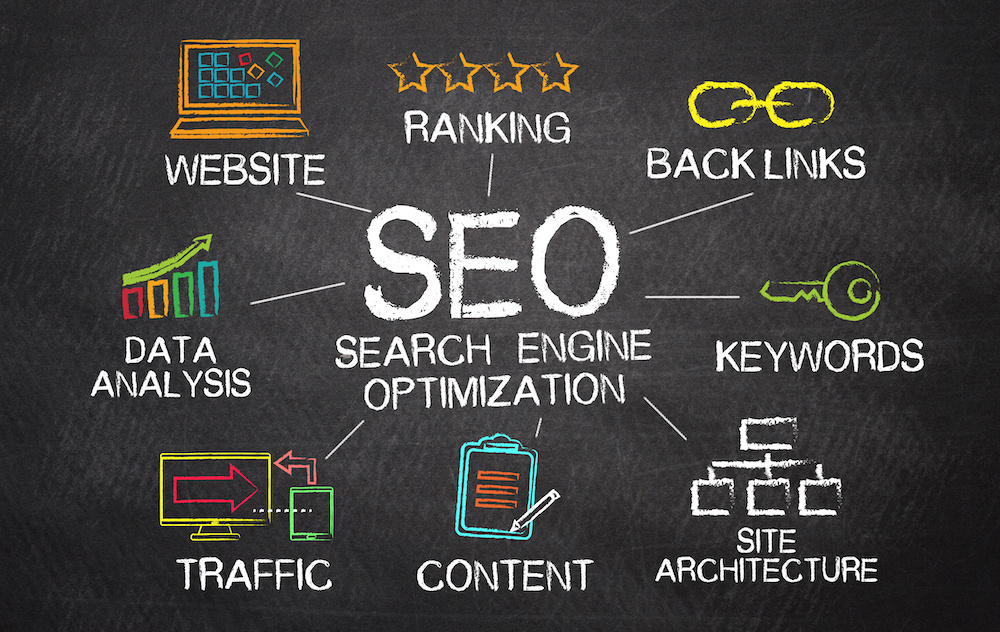
In the fast-paced world of e-commerce, standing out from the competition and driving organic traffic to your online store is crucial for success. While paid advertising can yield immediate results, a sustainable and cost-effective approach lies in search engine optimization (SEO). By optimizing your e-commerce website for search engines, you can increase visibility, attract relevant organic traffic, and ultimately boost sales.
- Keyword Research and Optimization
Keyword research forms the foundation of any successful SEO strategy. Start by identifying relevant keywords and phrases that your target audience is likely to use when searching for products or services you offer. Tools like Google Keyword Planner, SEMrush, or Ahrefs can assist you in finding valuable keywords with high search volumes and manageable competition.
Optimize your website’s product pages, category pages, and blog posts with these keywords to improve their visibility in search engine results. Incorporate them naturally in your page titles, meta descriptions, headers, and throughout your content. Remember to focus on long-tail keywords, as they tend to have higher conversion rates and attract more targeted traffic.
- High-Quality and Unique Content
In the world of e-commerce, where product descriptions can often be similar across different stores, creating high-quality and unique content is crucial. Unique product descriptions and engaging content not only provide valuable information to your customers but also play a vital role in SEO.
Craft compelling product descriptions that are informative, persuasive, and incorporate relevant keywords naturally. Avoid using manufacturer-supplied descriptions, as search engines may penalize duplicate content. Instead, invest time and effort into writing unique and compelling content that showcases the benefits and features of your products.
Consider starting a blog or resource section on your website to provide additional value to your audience. Regularly publish informative and engaging articles related to your products or industry. This not only enhances your website’s authority but also increases your chances of ranking for long-tail keywords and attracting organic traffic.
- Optimize Site Structure and Navigation
A well-structured website with intuitive navigation not only improves the user experience but also helps search engines understand and index your content effectively. A few key tips for optimizing your site structure and navigation include:
- Create clear and logical categories and subcategories for your products.
- Use descriptive and keyword-rich URLs for each page.
- Ensure your website is mobile-friendly and loads quickly, as page speed is a significant ranking factor.
- Implement breadcrumb navigation to help users and search engines understand the site hierarchy.
- Build High-Quality Backlinks
Building high-quality backlinks to your e-commerce website is an essential aspect of SEO. Backlinks from reputable and relevant websites signal to search engines that your site is trustworthy and authoritative. However, it’s crucial to focus on quality rather than quantity when it comes to backlinks.
Engage in outreach campaigns to relevant bloggers, influencers, and industry publications to secure guest posting opportunities or mentions of your products. Develop valuable content that others would want to link to and share. Additionally, leverage social media platforms to promote your products and engage with your audience, as social signals can indirectly impact your website’s SEO performance.
- Optimize for Local SEO
If you have a physical store or serve customers in specific geographic locations, optimizing your e-commerce website for local SEO is vital. Claim your Google My Business listing and ensure it is complete and accurate. Include your business address, contact information, operating hours, and customer reviews. Encourage satisfied customers to leave reviews, as they can influence your local search rankings.
